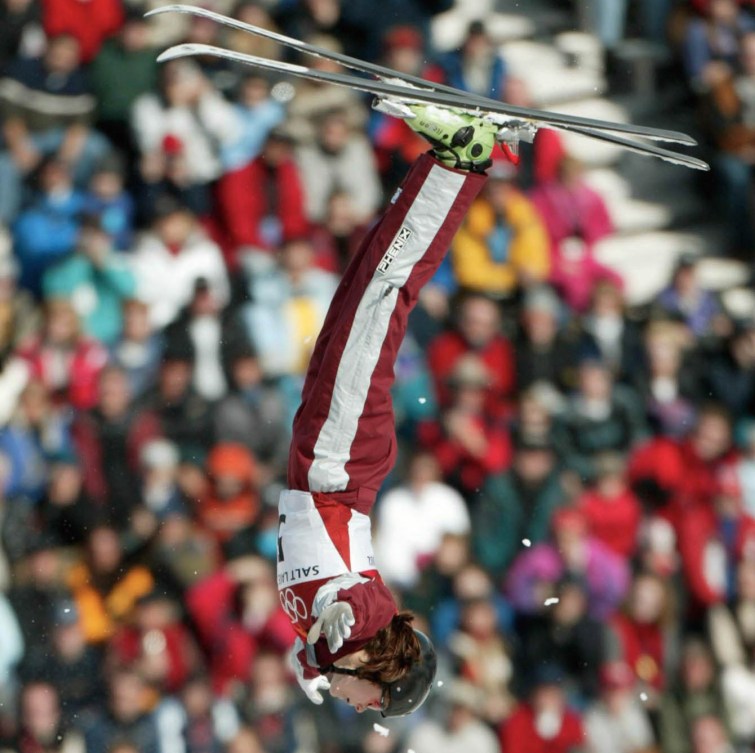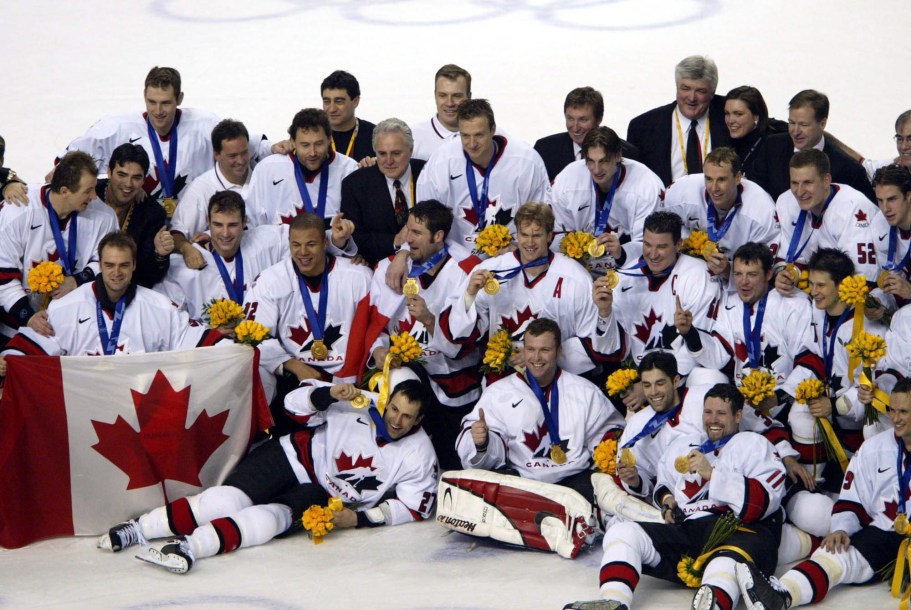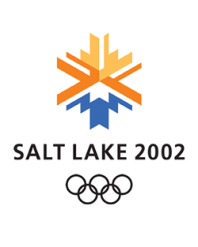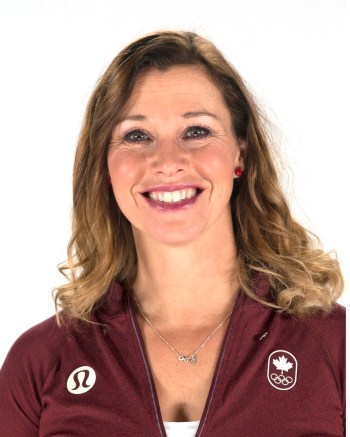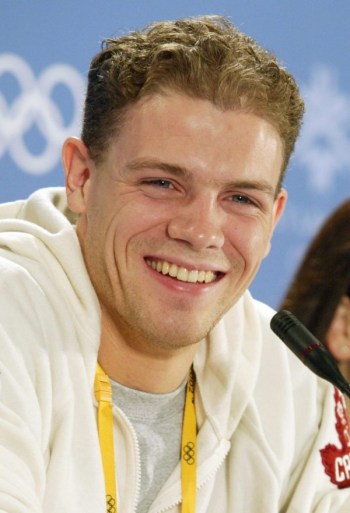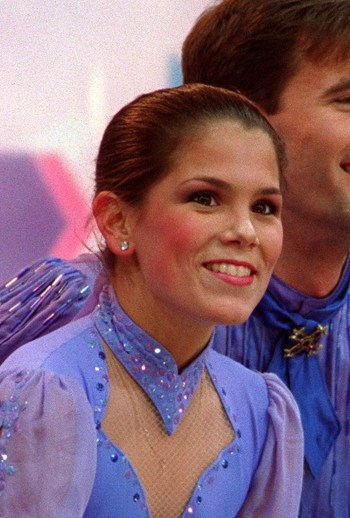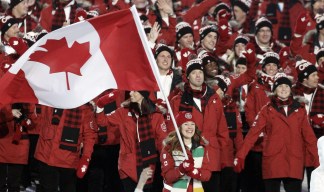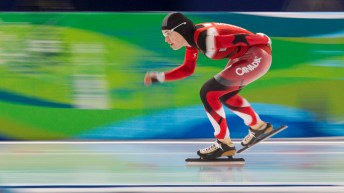Salt Lake City 2002
Team Canada Medal Count
Games Summary
XIX Olympic Winter Games
After losing a close vote for the 1998 Olympic Winter Games, Salt Lake City was the runaway winner for 2002. Less than two years before the Games began, the IOC was rocked by a scandal as it became apparent that several IOC members had received gifts from the Salt Lake City Bid Committee that could be considered bribes. Security was also raised, as the Games opened just five months after the terrorist attacks of 9/11. But in the end the Games, which featured an expansion of the Olympic program to 78 events, were deemed a success.
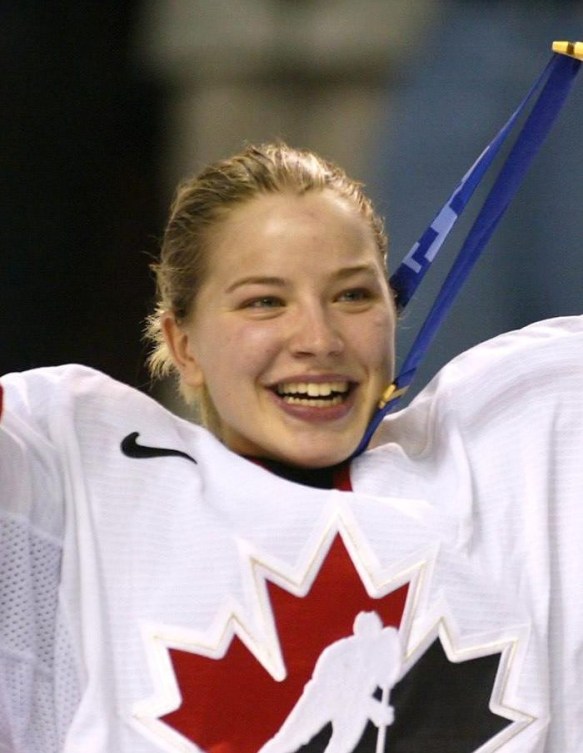
Canada once again set a national record for Winter Olympic medals with 17, including seven gold. One of the biggest stories of the Games was Canada’s return to ice hockey prominence as both the men’s and women’s teams won gold, defeating the home favourite Americans in each final. For the men, their 5-2 win ended a 50-year gold medal drought. For the women, the 3-2 victory was a chance to avenge the loss from four years earlier.
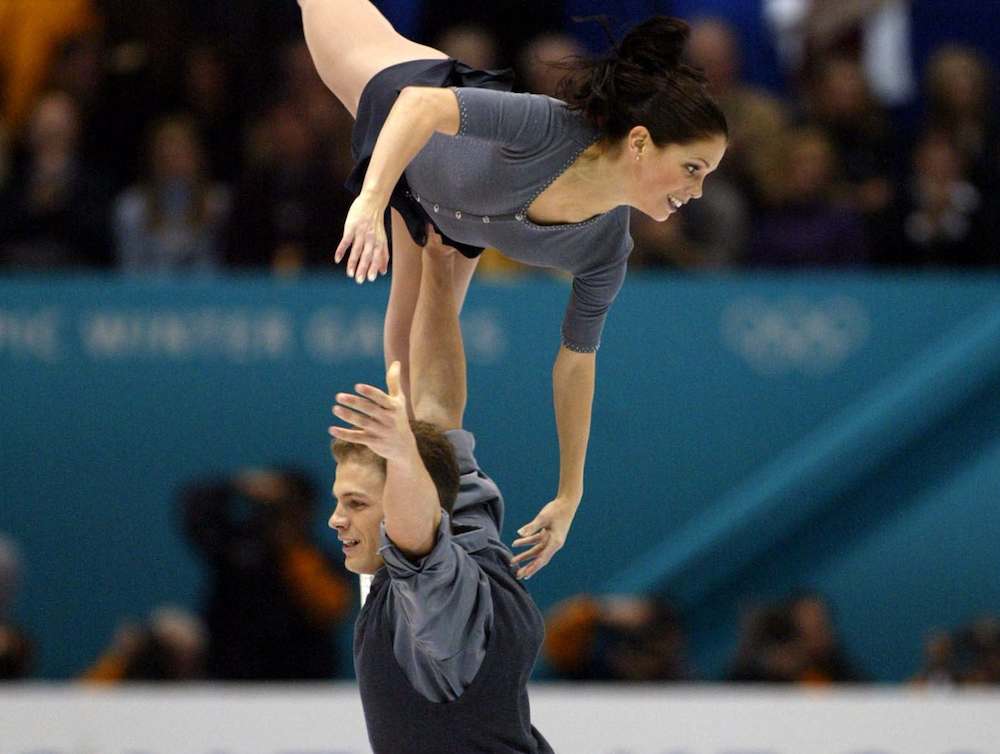
Photo : La Presse Canadienne
Media coverage at the Games was dominated by a judging controversy in the pairs figure skating event. After Jamie Salé and David Pelletier performed a clean and emotional free skate to “Love Story”, the audience and many experts thought the gold medal was theirs. But when the marks came up, the gold had gone to Russians Elena Berezhnaya and Anton Sikharulidze, leaving the Canadians with silver. Within 24 hours, French judge Marie Reine Le Gougne admitted that under pressure from her federation she had voted for the Russians as part of a vote-swapping plan. Just a few days later, following an investigation, the IOC and International Skating Union announced that Salé and Pelletier would also be given gold medals and the two pairs considered co-Olympic champions.
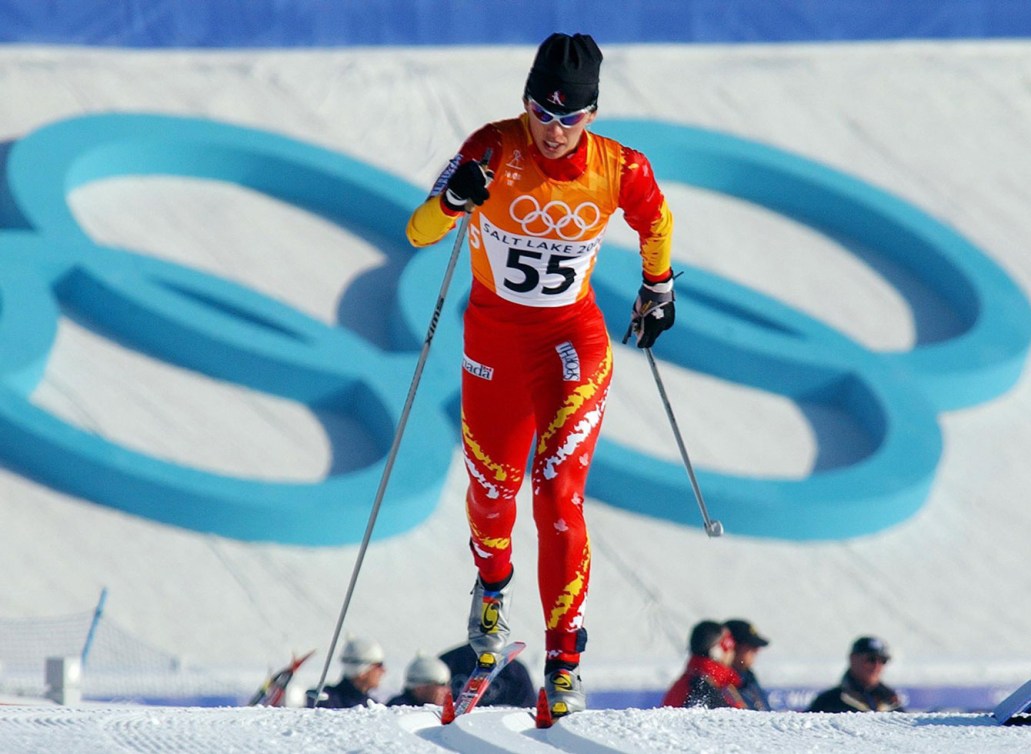
The controversy somewhat overshadowed numerous other historic Canadian results. Beckie Scott finished third in the cross-country skiing pursuit to become the first North American woman to win an Olympic medal in the sport. After the first and second place finishers from Russia were both eventually disqualified following positive drug tests, Scott was first upgraded to silver in October 2003 before finally receiving the gold medal in June 2004.
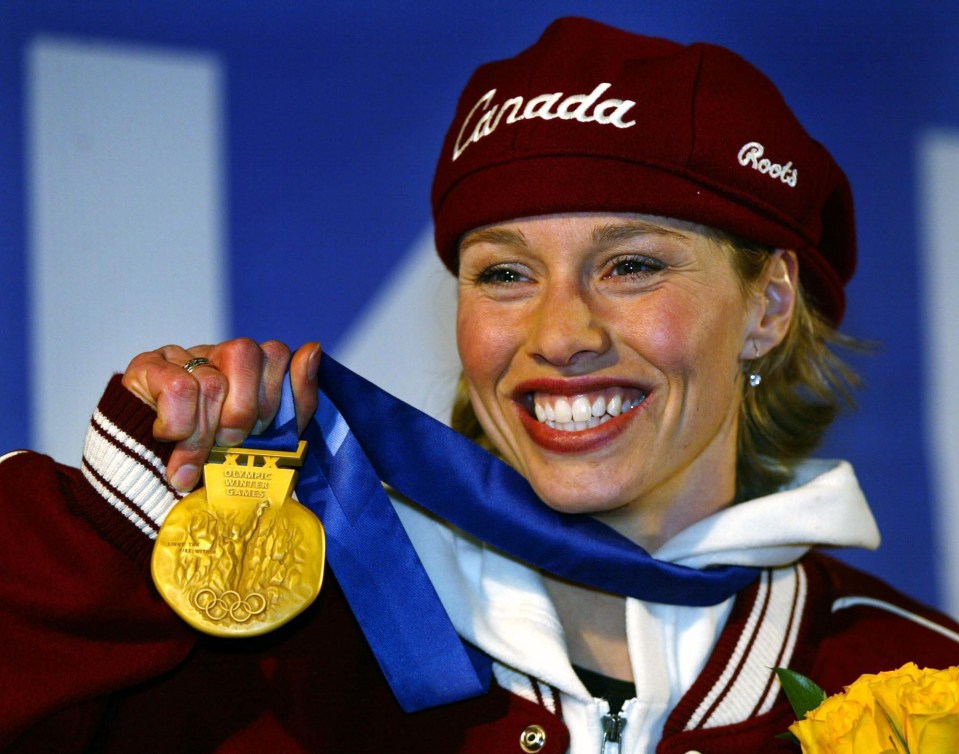
Canada’s Opening Ceremony flag bearer and speed skater Catriona Le May Doan won her second straight gold in the 500m, making her the first Canadian athlete to ever successfully defend an individual Olympic gold medal. Clara Hughes won bronze in the 5000m on the long track for her first Winter Olympic medal following her pair of cycling bronze medals from Atlanta 1996. Four years before her dominant performance in Turin, Cindy Klassen started her Olympic career with a bronze medal in the 3000m.
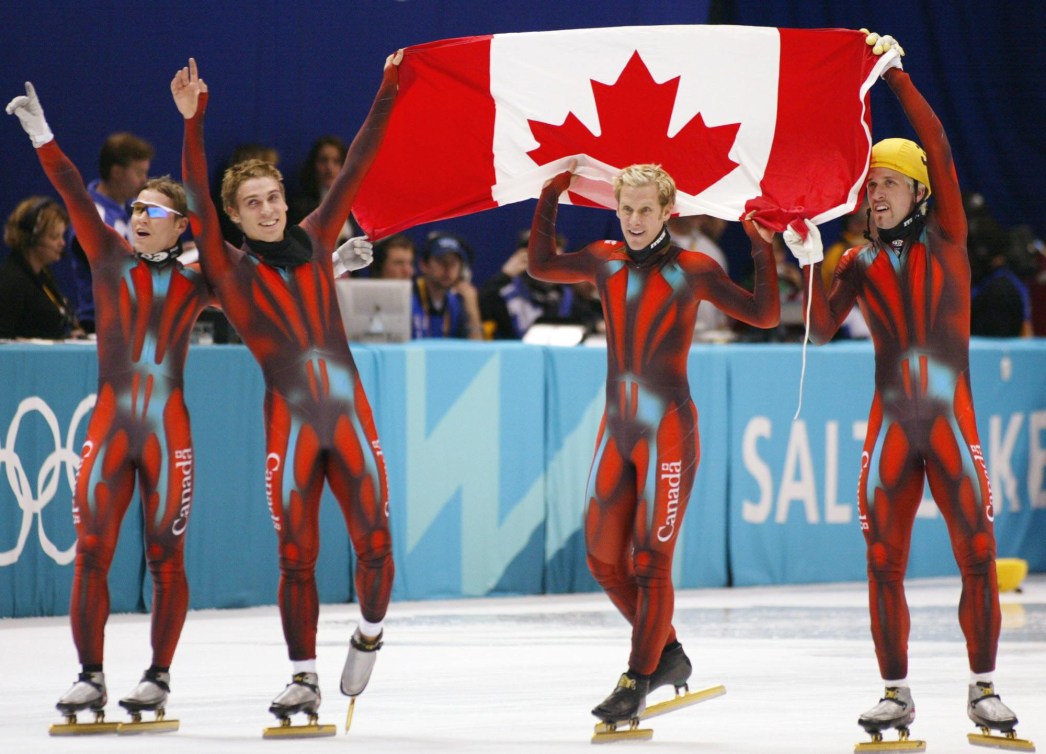
There were six Canadian medals won in short track speed skating. Marc Gagnon contributed three of those, winning the 500m in a 1-2 finish with teammate Jonathan Guilmette. The pair were also part of the victorious 5000m relay team. Gagnon added a bronze in the 1500m to bring his career Olympic medal total to five, making him the first Canadian winter athlete to reach that milestone. Mathieu Turcotte‘s bronze in the 1000m is remembered for the craziness of the finish, which saw Australian Steven Bradbury win gold after a collision took down the other four men in the final. Turcotte scrambled to slide across the line in third place. The women’s 3000m relay team also won bronze.
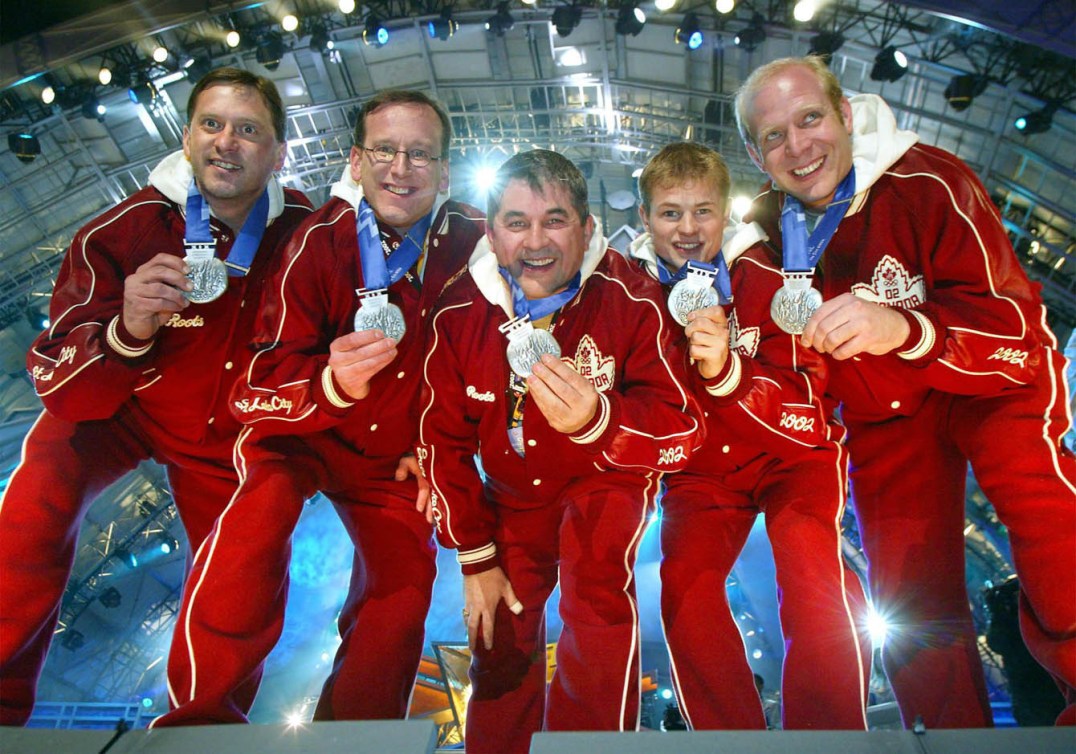
Both Canadian curling teams again stood on the podium. The men, skipped by Kevin Martin, had a shot at the gold medal, but a miss on Martin’s final stone forced them to settle for silver. The women, skipped by Kelley Law, brought home bronze.
Canada had a double podium finish in the women’s aerials as Veronica Brenner won silver while Deidra Dionne claimed bronze.
